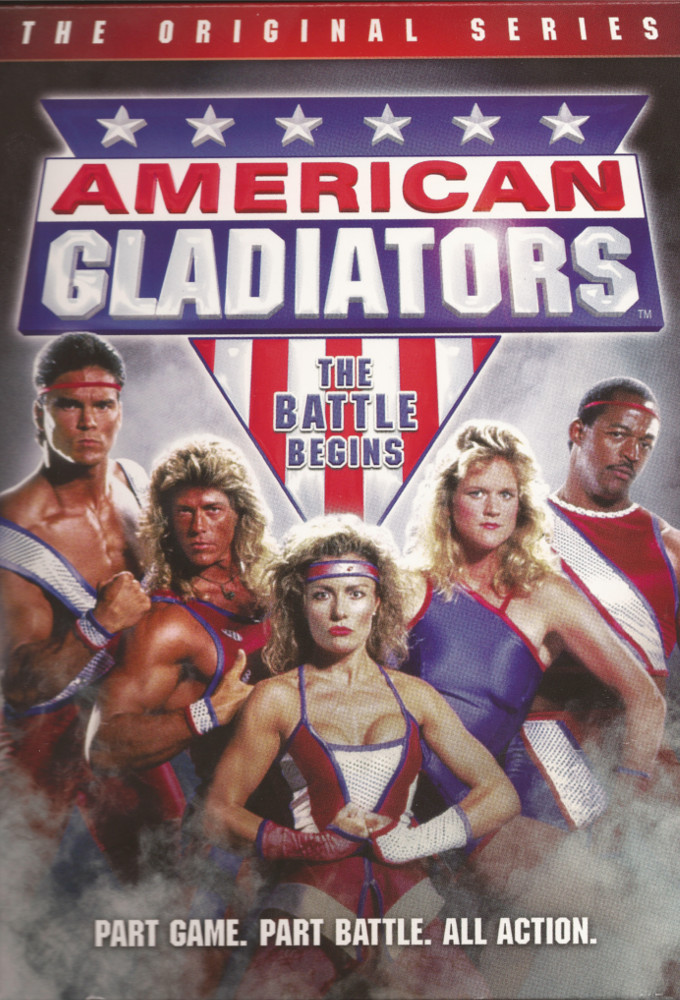In the ever-shifting landscape of television, few shows have left an indelible mark quite like “American Gladiators.” Nostalgia surged as I delved into the Gladiator realm once again, contributing to the riveting Netflix documentary, “Muscles & Mayhem: An Unauthorized Story of American Gladiators.”
In an era defined by TV’s evolution, “American Gladiators” emerges as a pivotal precursor to the best aspects of reality television – unscripted, competitive shows that captivate audiences. While acknowledging the unfortunate scripted aftermath it indirectly spawned, let’s shift our focus to the glass-half-full perspective and celebrate the zenith of reality TV.
My journey with the show involved shaping its public image – from introducing Gladiators to the press to facilitating contestant selection. Starting as a publicity executive and ascending to the head of marketing, I found myself at the heart of crafting the show’s essence, playing a pivotal role in crucial meetings.
A defining moment occurred during the early stages when an incident during the Human Cannonball event shifted the narrative. Gladiator Malibu’s injury, coupled with in-character interviews, exposed the chink in the show’s armor, prompting a pivotal shift towards authenticity and setting the show on a path to success.
The documentary masterfully captures the enchantment that turned “American Gladiators” into a phenomenon.
Looking back, it’s ironic how we initially perceived the show at Samuel Goldwyn – a staged competition akin to NFL football. The initial lackluster episodes with makeshift sets and imperfections left audiences emotionally disconnected. Eytan Keller’s transformative vision convinced Sam Goldwyn, Jr. that the show needed to be genuine, not just a televised competition, reshaping its trajectory.
Hindsight brings a chuckle as I recall our history. As the studio that revived Shakespeare on screen, encountering skepticism from Shakespearean scholars post-screening of Kenneth Branagh’s Much Ado About Nothing taught us a valuable lesson. We should have anticipated the reaction to “American Gladiators” and not relied on “it’s real competition; the action will shine through.” However, we learned from our mistakes and transitioned.
As “American Gladiators” unfolded, I found myself immersed in its journey, leveraging journalistic skills for interviews during grueling tryouts and collaborating on contestant selection. An unforgettable anecdote, not covered in the documentary, revolves around a staggering turnout at a New York tryout, signaling the show’s monumental potential.
The documentary questions Sam Goldwyn, Jr.’s commitment to Gladiators compared to his passion for movies. Misconstrued frugality may have been mistaken for indifference. He loved that Goldwyn could produce the best of art films such as the three-time Oscar-nominated “The Madness of King George,” right alongside “American Gladiators.”
The enduring success and cultural impact of “American Gladiators,” along with its spin-offs, highlight the power of storytelling and captivating concepts.
The documentary delves into both light and shadow, offering an enlightening perspective. For storytelling connoisseurs and those valuing authenticity, “Muscles & Mayhem” is a must-watch, emphasizing the lasting influence of a compelling narrative and the transformative impact achieved by embracing uniqueness.


